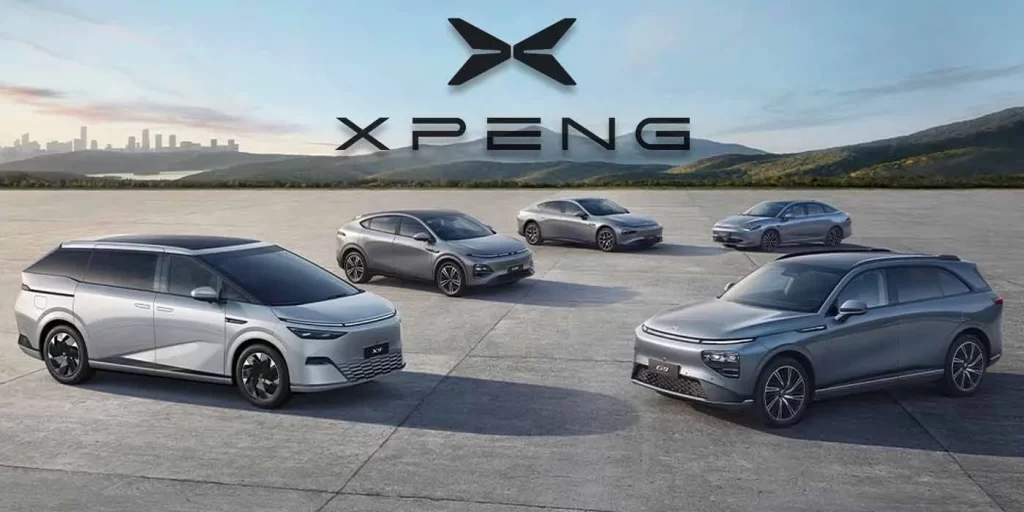Shares in Chinese electric vehicle maker Xpeng jumped more than 10% on Wednesday driven by revenue growth from research and development services offered to Volkswagen as well as upbeat comments about its goals for gains in self-driving tech.
Xpeng, which deepened its partnership with VW in April to co-develop EV architecture, said that those R&D services were primarily responsible for its revenue from services nearly doubling to 1 billion yuan ($138 million) in the first quarter from a year ago.
That helped Xpeng’s gross margin climb to 12.9% compared with 1.7% a year earlier and 6.2% for the fourth quarter.
“The company has paved the way with a new business model for intelligent technology sales to increase profitability,” Huatai Securities analysts said in a report.
One of the most advanced Chinese automakers in smart EVs, Xpeng also said it expects to have developed capabilities for “level four” autonomous driving by next year, but added that it would take time for hardware and the regulatory environment to catch up.
Level four does not require a human driver within designated areas. Very few automakers have developed level-four technologies, with most efforts to date confined to robotaxi tests in limited areas.
Driver-assistance features now offered in China are “level two” systems, which require a driver to be ready to take over. Tesla’s “Full-Self Driving” and less advanced Autopilot option are also level-two systems requiring attentive drivers.
Xpeng’s Hong Kong-listed shares were last up 12% in afternoon trade. It also said in its earnings call late on Tuesday that it expects second-quarter deliveries to rise between 25% and 38% from a year earlier.
Xpeng added that it expects its mass-market MONA-branded EV, which will be priced under 200,000 yuan ($27,630) and go on sale next month, to offer level-two autonomous driving features. It will be the first MONA car on the road after Xpeng took over the project from ride-hailing giant Didi last year.
Consumers of cars priced between 100,000 and 200,000 yuan are more likely to make use of autonomous driving functions, although up until now they have not been able to afford the technology, He Xiaopeng, Xpeng’s CEO said.
“Once the cars are affordable, such consumers will be all over self-driving cars,” he said. “And I do believe that the next year, in 2025, we will see this become a reality.”



